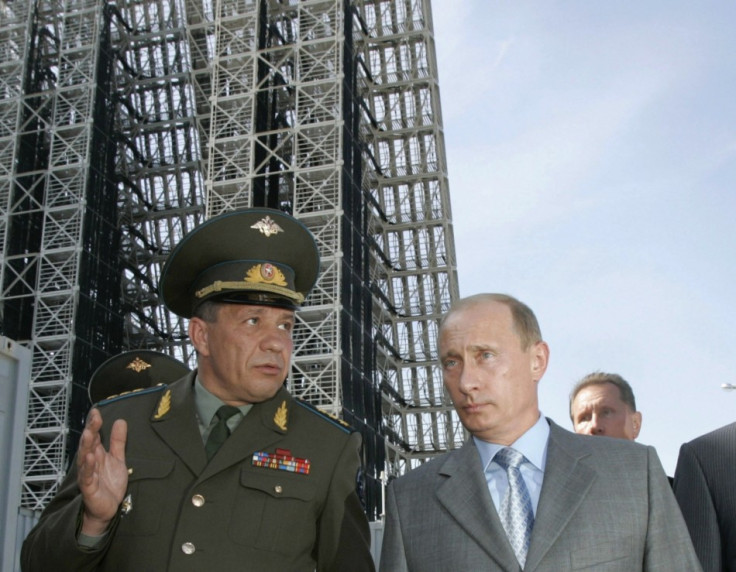Moscow Kick-Starts Construction of Advanced Anti-Missile Radar in Central Russia
Russia intends to establish a comprehensive defence network by the end of 2020.

Moscow has begun the construction of its advanced anti-missile radar system in central Russia in a bid to bolster its defence capabilities.
The defence ministry in Moscow has announced that the construction of Voronezh-class early warning radar system will take place near the town of Orsk in the Orenburg region.
The sophisticated defence system will be linked to the country's Russian Aerospace Defence Troops' early warning system, said the ministry's spokesperson.
"In order to provide information support needed to prevent missile strikes against Russia, and to enhance the efficiency of the armed forces' retaliatory operations, the Aerospace Defence Troops' early warning system will receive and provide information about missile attacks on state and military command posts, gather the necessary information for the Moscow missile defence system and release data on objects in space to the space monitoring system," defence ministry spokesperson Colonel Alexey Zolotukhin told reporters.
The new system is part of Russia's project to establish a comprehensive defence network by the end of 2020.
Zolotukhin continued, "In addition to the Orenburg radar, the preparations for construction of new-generation radars are underway in the Krasnoyarsk and the Altai territories."
The radar deployment period has been reduced to 12-18 months from the earlier period of 5-9 years by implementing the new assembly technology, added the spokesperson. The latest advancement in procedure has allowed erecting the radar from standard container-type macro modules at the place of deployment.
Russia has already deployed four new-generation early warning radar systems across the country. Two of the radar systems positioned by Moscow are fully operational while other two are in the trial stage. The radars have an operational range of 6,000 km.
Zolotukhin added, "A chain of innovative radar systems will help build up the capabilities of Russia's missile attack early warning system and guarantee uninterrupted radar coverage of all locations vulnerable to missiles."
© Copyright IBTimes 2024. All rights reserved.






